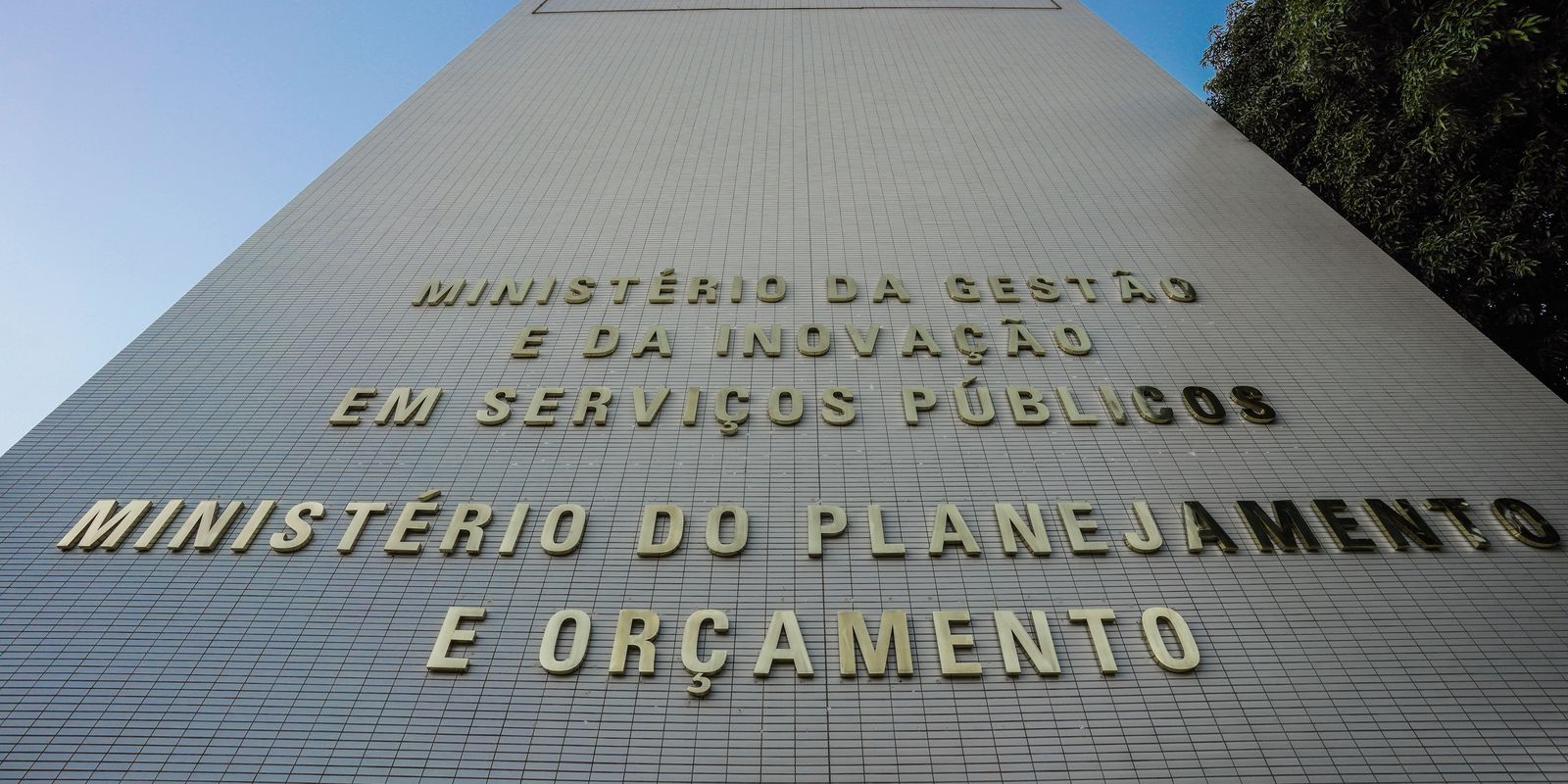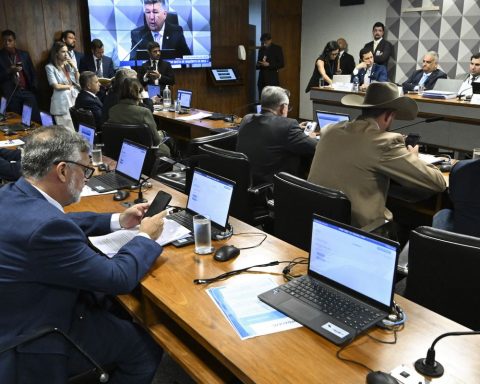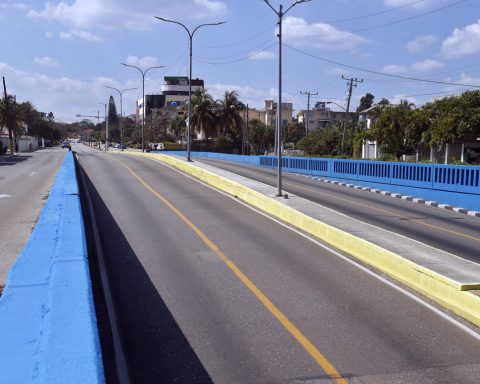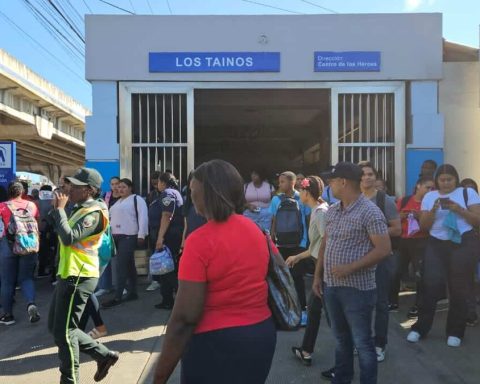With increasing expenses and difficulties in offsetting the payroll tax relief, the government raised the primary deficit projection for 2024 to R$28.8 billion. The new value is included in the Bimonthly Revenue and Expenditure Report, released this Monday (22) by the Ministry of Planning and Budget.
The amount is equivalent to the lower limit of the primary deficit tolerance margin established by the new fiscal framework, of R$28.8 billion. Approved last year, the rule establishes a target of zero primary balance, with a tolerance margin of 0.25 percentage points of the Gross Domestic Product (GDP, sum of wealth produced) above or below. In practice, the government will be able to obtain a primary deficit of 0.25% of GDP up to a surplus of 0.25% of GDP this year.
Originally, the report estimated a primary deficit of R$32.6 billion, but to keep the value within the band, the government froze R$3.8 billion of the budget. amount is within the spending freeze of R$15 billion announced last week by the Minister of Finance, Fernando Haddad.
The remainder of the suspended amount corresponds to the blocking of R$11.2 billion to avoid exceeding the spending limit established by the fiscal framework, which establishes that spending can grow, at values above inflation, up to 70% of the growth above inflation in revenue in the previous year.
Perspectives
The primary deficit represents the result of the government’s accounts without interest on the public debt. The previous reportreleased in May, predicted a deficit of R$14.5 billion. In March, the deficit was predicted at R$9.3 billion. Last week, Minister Haddad said that the primary deficit could fall in the next report, if the Union collects more.
The government is counting on two factors to reduce the deficit. The first is the approval by the Senate of measures that compensate for the extension of the payroll tax exemption for 17 sectors of the economy and for small municipalities or the suspension of the injunction by the Federal Supreme Court (STF) that maintains the tax benefit. The second factor is the “backlog”, expenses that the government is unable to execute because they are tied to a purpose or source of revenue.
Collection
The report predicts a R$13.2 billion drop in net revenues, which is the federal government’s revenues after transfers to states and municipalities. The main factors that influenced the decline in the estimate are the R$11.7 billion drop in the “other administered revenues” item, due to the reclassification of installments in the appropriate taxes.
There was also a reduction of R$10.6 billion in the revenue forecast for the Social Integration Program (PIS) and the Contribution for the Financing of Social Security (Cofins), due to the increase in tax compensations, and the increase of R$6.9 billion in transfers to states and municipalities. The extension of the payroll tax exemption for municipalities reduced the revenue estimate by R$5.2 billion.
On the other hand, the report increased the estimated Income Tax collection by R$12.5 billion, due to the taxation of exclusive funds and offshore companies (investment companies abroad) and due to the increase in the wage bill resulting from the growth in formal employment. The estimated Industrial Property Tax (IPI) collection was also increased by R$3.9 billion, due to the increase in IPI on imported products resulting from the appreciation of the dollar and lower-than-expected compensation. The revision of other estimates caused the total projection of net revenues to fall by R$13.2 billion.
Rio Grande do Sul
Regarding spending, the report predicts an increase of R$20.7 billion, driven mainly by aid to Rio Grande do Sul. Mandatory expenses were revised upwards by R$29 billion, of which R$14.2 billion are earmarked for measures to rebuild the state.
As the previous report, published in May, already incorporated R$13.8 billion, the total extraordinary credits granted so far for the reconstruction of Rio Grande do Sul reaches R$29 billion.
Because they are considered extraordinary credits, expenses with Rio Grande do Sul are not subject to the primary result target or the spending limits of the fiscal framework. Discretionary spending was revised downwards by R$8.3 billion, resulting in a final increase of R$20.7 billion in federal spending.

















